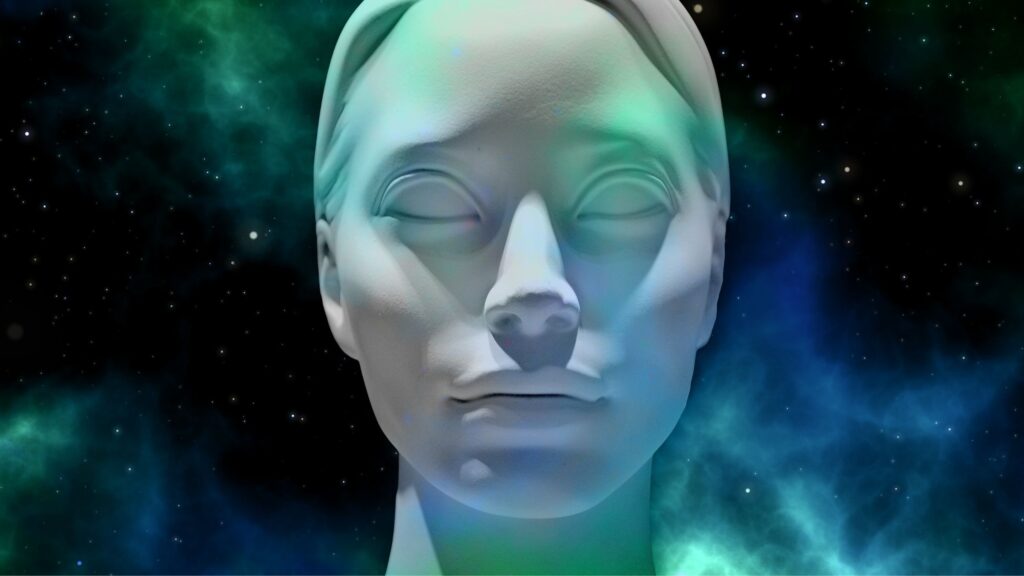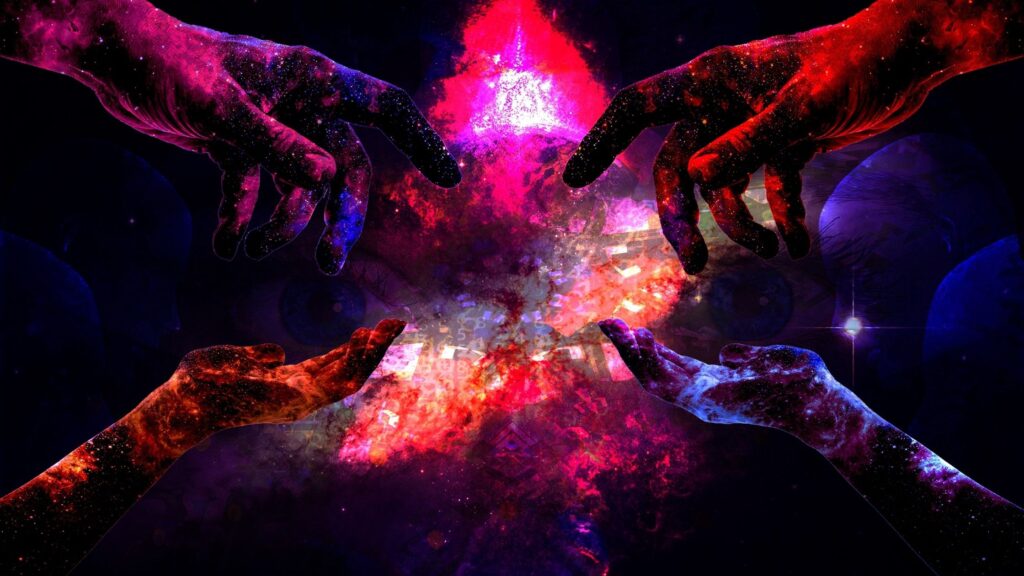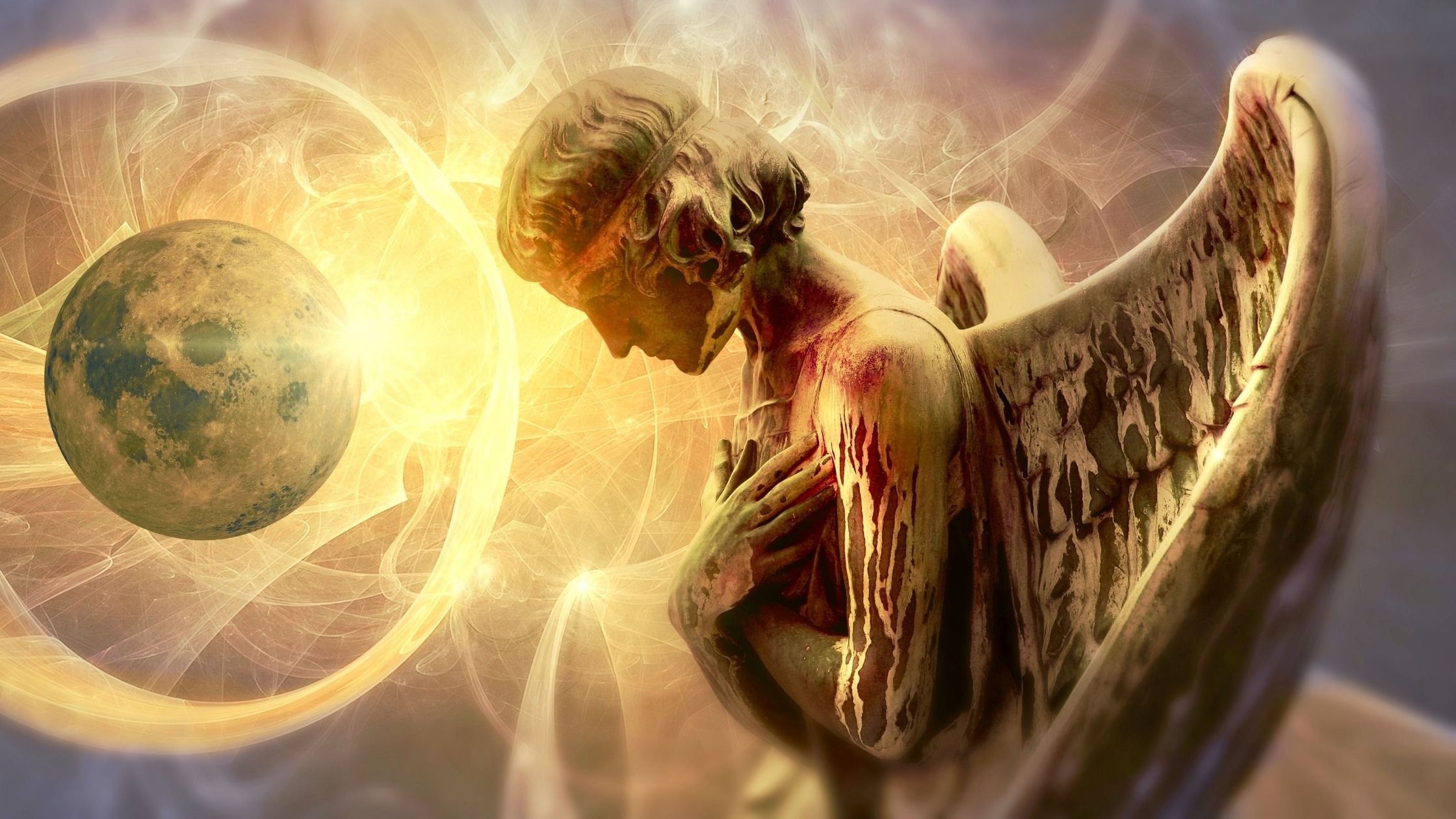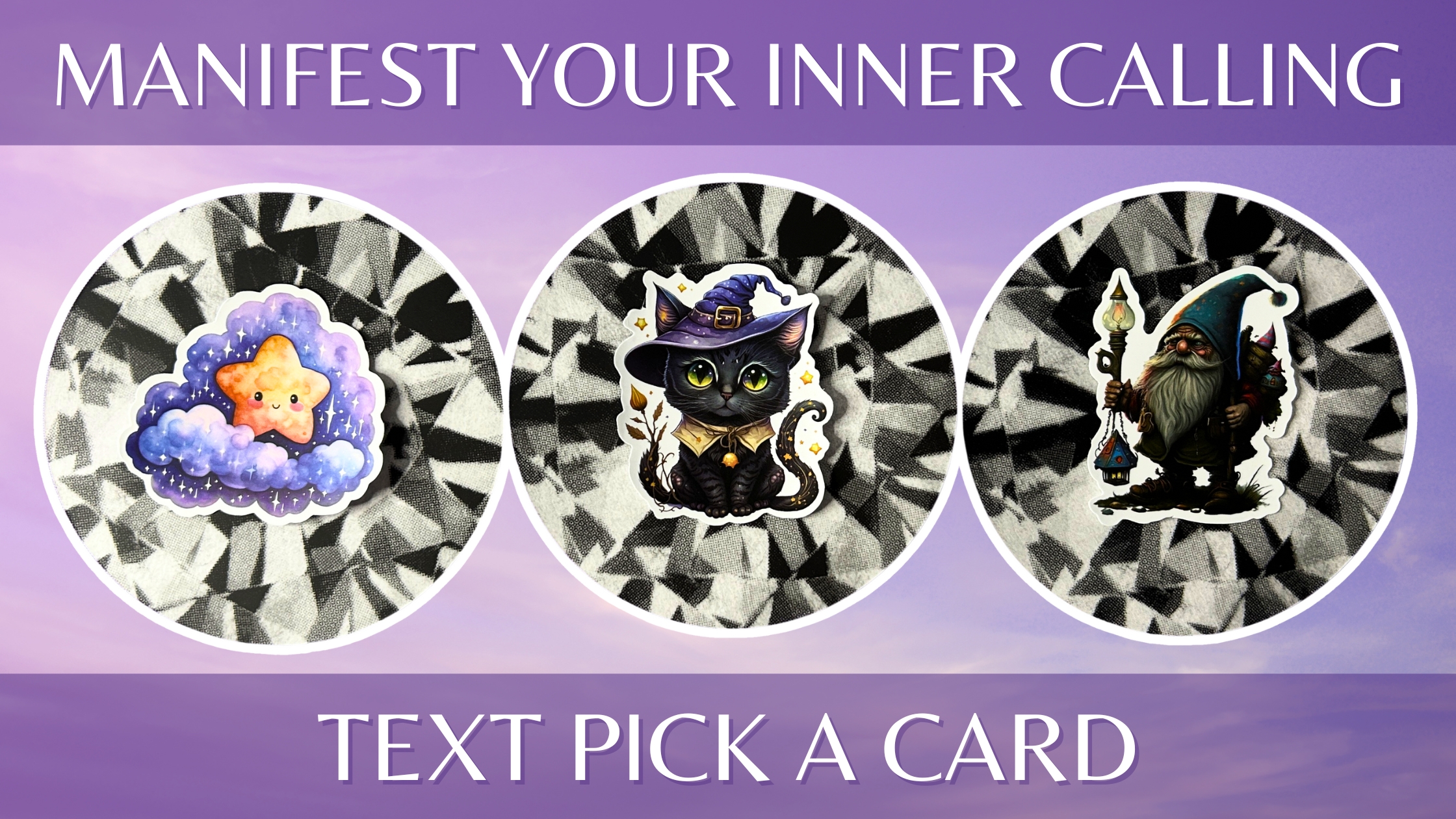The Reason We Die Even Though We Have Souls
Life is an interesting concept that science doesn’t entirely understand. Yes, there are biological mechanisms that scientists can describe, but the purpose of life is still a mystery.
Perhaps life is an accident and everything that has happened since is merely cause and effect. However, I don’t believe that, and even if it’s true, that isn’t a helpful philosophy.
What it all comes down to though is this question: can life come from non-life? No matter your spiritual beliefs, at some point, it seems like the origin of life is from the absence of it.
And this has existential consequences.
Why the Living Need Spirituality
Religious beliefs differ, and so does the definition of a soul. But there are some general similarities: those who are alive have souls, those who are dead have souls, and those who create have souls.
A soul is critical to the perspective of individuality. This is because, without a soul, life lacks a framework. Anyone who knows anything about biology understands this easily: we’re more than ourselves – we’re also the organisms inside our bodies.
Life, from a biological perspective, is really a colony.
I don’t know about you, but I don’t identify as also the bacteria in my gut.
Even before this revelation from science, we didn’t see ourselves as a colony of creatures, but as a single individual. We also saw ourselves as separate from other living creatures of the same type, even when they influence us directly.
A soul, even without its spiritual implications, is a way to make clear identifications.
The Grammar of Perspective
A good way to make this clearer is to imagine a chair, which is a common example in the classical study of grammar. Why do you call it a chair? Yes, you were taught that’s what it is, and it’s certainly created to be a chair, but it’s more than that. It’s wood. Wood stain. The germs living on and within it. But still, you call it a chair.
This remains true even if all chairs in the world look different and still have the same essence: chair. You could call it anything at all, but you would still see it as what it is: chair. You could talk about the chair with another person who’s never seen it before, and they would understand what you’re talking about. They would even understand it’s separate from any other chair they know.
This gets even more complicated with something large like a mountain. There’s no doubt that mountains have individual creatures on them, but it still retains its separate identity. It also has this identity in different languages.
That’s what a soul is: it identifies an individual. No wonder so many religions also see these individual entities as containing spirits and thus their own spiritual souls.
The living, specifically humanity in this instance, needs spirituality because it helps justify individuality when science argues we’re anything but.
We Naturally See Souls as Transcendent

What’s interesting about spirituality is that it tends to create a universe of souls. Even in more limited soul perspectives like Christianity, the dead, angels, demons, and God all have souls of their own. This continues whether or not they have a biological body.
In fact, the Old Testament even creates a separate soul for the concept of God’s wisdom, a feminine character. This is transformed into a more masculine understanding in the New Testament, but the drive to separate and ensoul Wisdom is a fascinating insight into how the living, especially sentient beings like humanity, view the universe.
Souls transcend the body because it’s not our biology that makes us who we are. Instead, our bodies appear to be tools for our souls. Therefore, life does come from nonlife. It has to.
We’re not our bodies, our actions, or even our personalities. Life is always under the weight of change for individuality to be determined by something so temporary.
So why does life exist? Why was biological life created from non-life? After all, many souls seem to exist in living, biological creatures.
The Expanding Universe
We know that the universe is expanding. Energy is neither created nor destroyed, and if we continue to expand, the universe will eventually experience a heat death as everything is too far apart from each other to interact.
If the universe were all inorganic, non-biological matter, then this is essentially inevitable.
But biological life is different. I’ve even listened to discussions that maybe we can prevent the heat death of the universe through our actions once we develop the technology.
This is an interesting suggestion, and while you may credit inorganic matter in technology with stopping the heat death of the universe, I don’t see it that way. It needed life, ensouled life, to achieve that.
Life reproduces and creates more of itself. We’re also faced with the existential crisis of our own deaths. The heat death of the universe may be happening a long time from now, but our deaths are happening soon. That’s an incentive to act.
To Survive.
And we don’t just change ourselves, but our environment.
The Purpose of Humanity

Coming back to the Old Testament, God created mankind not just to reproduce themselves, but also to subdue and cultivate their environment. Humanity was also given the task to name everything. To make the universe around it full of individual creatures.
I’m not a Christian, but I always viewed this as an important, useful, and positive philosophical framework.
A better way to view life is as a way to ensoul every part of the universe. No inorganic matter will be left untouched.
And that’s exactly what’s happening. Humanity is not just reproducing themselves, but they’re identifying and ensouling the universe around them.
Spirituality is how we save the universe because we accept the gift of ensoulment, even in creatures that are not ourselves. We also recognize that we will live and die, but it’s for the greater good. It’s how the universe is united and filled with spiritual energy.
It’s something to think about, at least.






